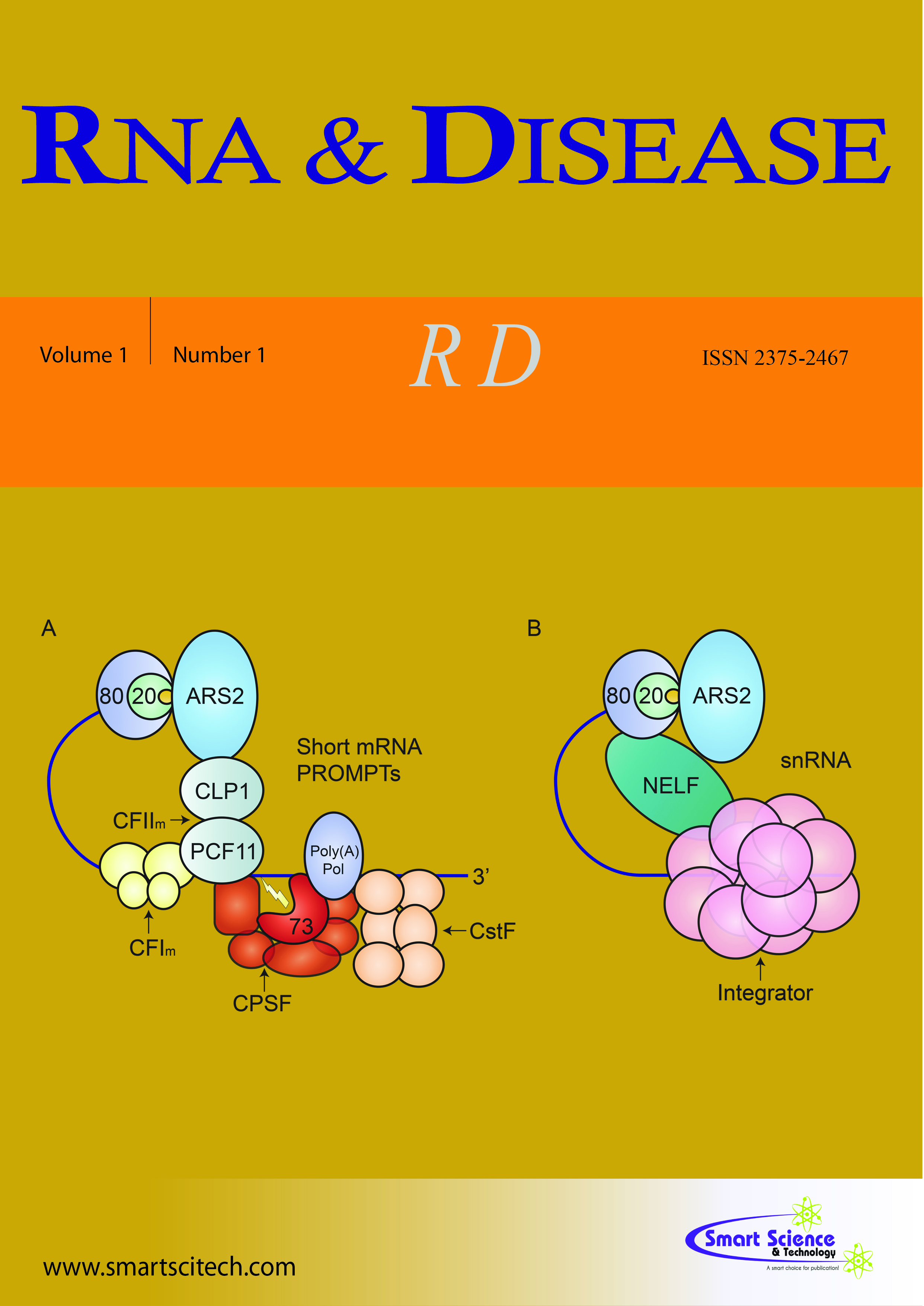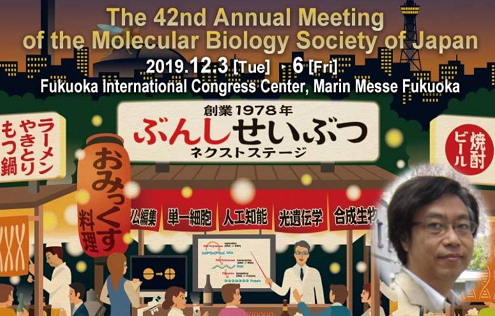The tissue specific nature of mesenchymal stem/stromal cells: gaining better understanding for improved clinical outcomes
DOI: 10.14800/rd.780
Abstract
Mesenchymal stem/stromal cells (MSCs) are multipotent progenitors that are derived from most adult tissue as well as cord blood and placenta. MSCs are defined by their adherent nature, ability to propagate in culture and capacity to differentiate into bone fat and cartilage. However, many studies have shown that MSCs, derived from different tissues, differ both in their in situ and in vitro phenotypes. Despite abundance of MSCs studies, little is known about the molecular events that control their tissue specific nature. Two recent studies comparing MSCs derived from different tissues have now found clues to the molecular mechanisms that control the tissue specific nature ofthese cells. In the first, the superior genomic stability of adipose derived MSCs (ASCs), compared to bone marrow (BM) MSCs, was explained by reduced H19, a long non-coding RNA expression and increased p53 activity of ASCs. In the second, a compression of abdominal and subcutaneous ASCs reveals poor propagation, differentiation and migration capacities of abdominal ASCs that is explained by their increased tendency to over-accumulate reactive oxygen species (ROS) in culture. ROS over production in abdominal ASCs was shown to be controlled by the NADPH oxidase NOX1. The unique features of MSCs derived from different tissues suggest a tissue specific molecular signature arising from the tissue of origin that is retained during culture. The implications of this phenomenon on our understanding of the role and function of MSCs in situ as well as on their clinical utilization, is discussed.












